Programme
Revolutionary Experiments
After the May 68 upheaval, Godard abandoned mainstream filmmaking because he believed that the medium was dominated by capitalists who poisoned people’s minds to serve the establ ishment. He rejected the bourgeois representation in cinema and began to employ revolutionary rhetoric to ‘make films politically’.
Like many of the fashionable French intellectuals of the time, Godard was obsessed with Maoist ideologies in the late 1960s. Thus he tried to work anonymously and formed the ‘Dziga Vertov Group’ (named after the Soviet filmmaker of Man with a Movie Camera (1929), reflecting his belief in the leftist ideologies while championing Marxism as well as Brechtian filmmaking), and founded ‘Sonimage’ company with Anne-Marie Miéville (who would later become his life partner and long-time collaborator) to make independently produced experimental films. Godard also had high hopes for television and documentaries at that time, so he began exploring the formats intensively.
Many of his films from this period were generally considered difficult and disconcerting, yet he made such wonderful films as Tout va bien, which would be the envy of many other directors. It seems to prove Godard’s famous statement: ‘cinema is truth 24 frames a second’.
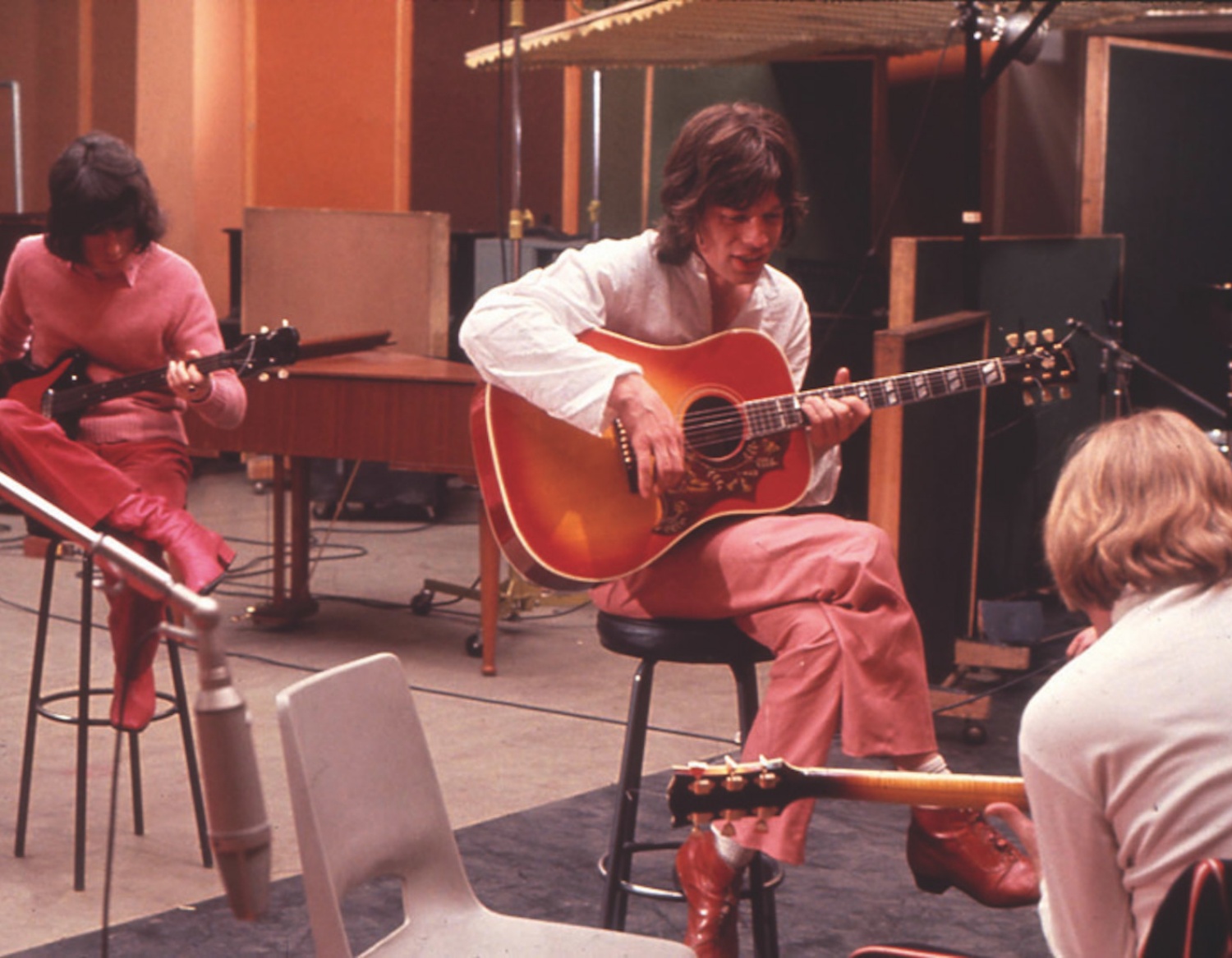
One + One (a.k.a. Sympathy for the Devil)
Read more
A Film Like Any Other
Read more
The Joy of Knowledge
Read more
British Sounds (a.k.a. See You at Mao)
Read more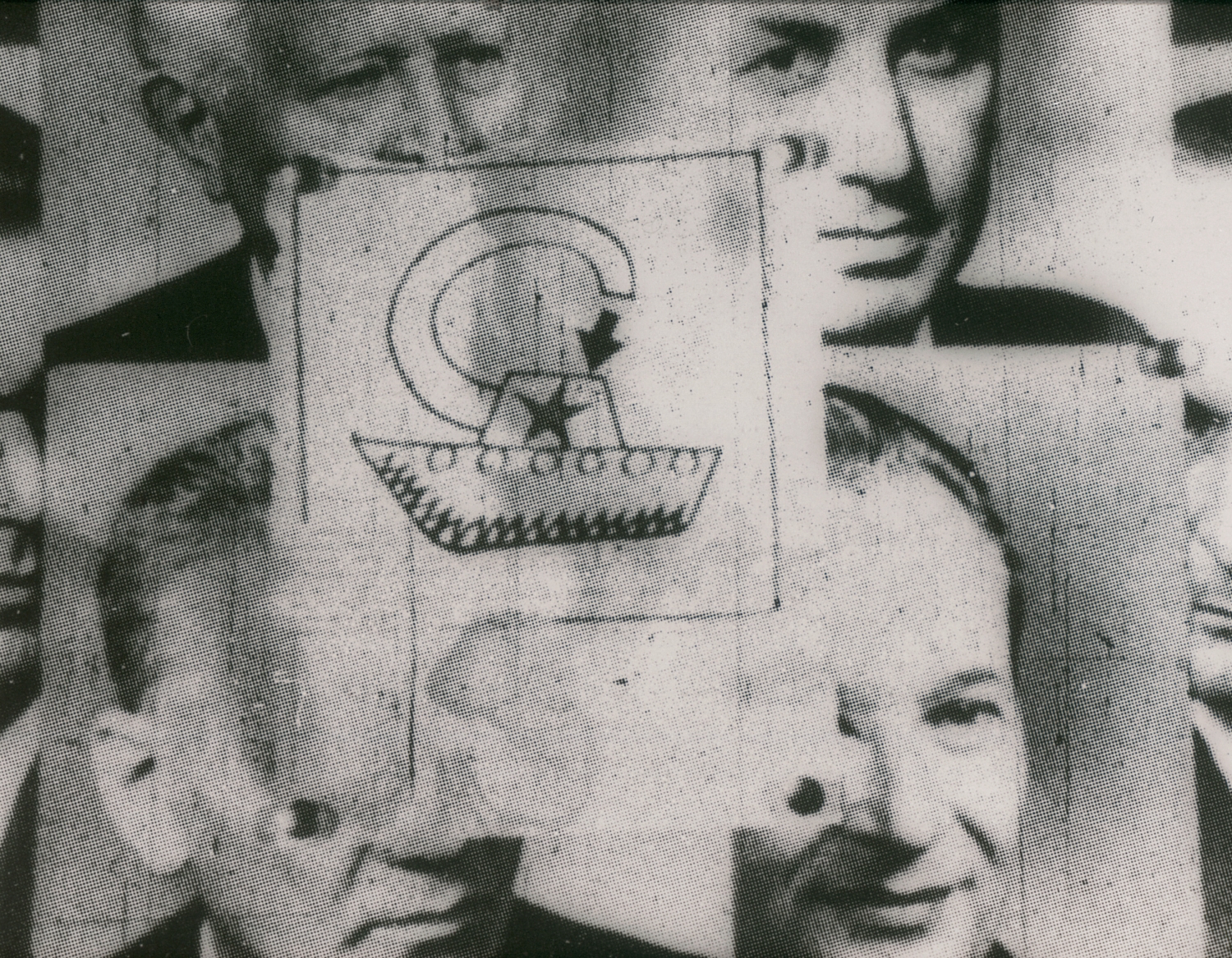
Pravda
Read more
Wind From the East
Read more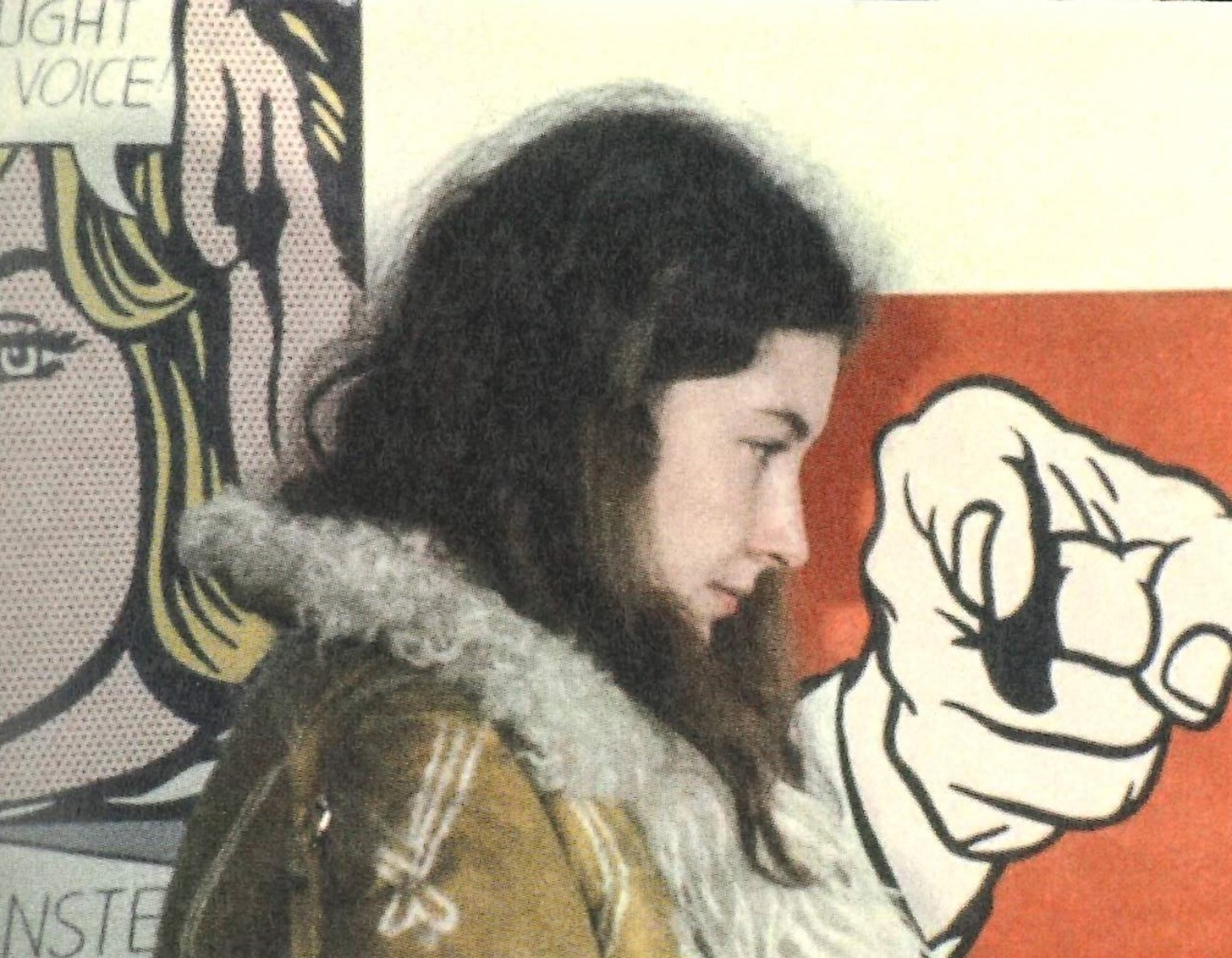
Struggle in Italy
Read more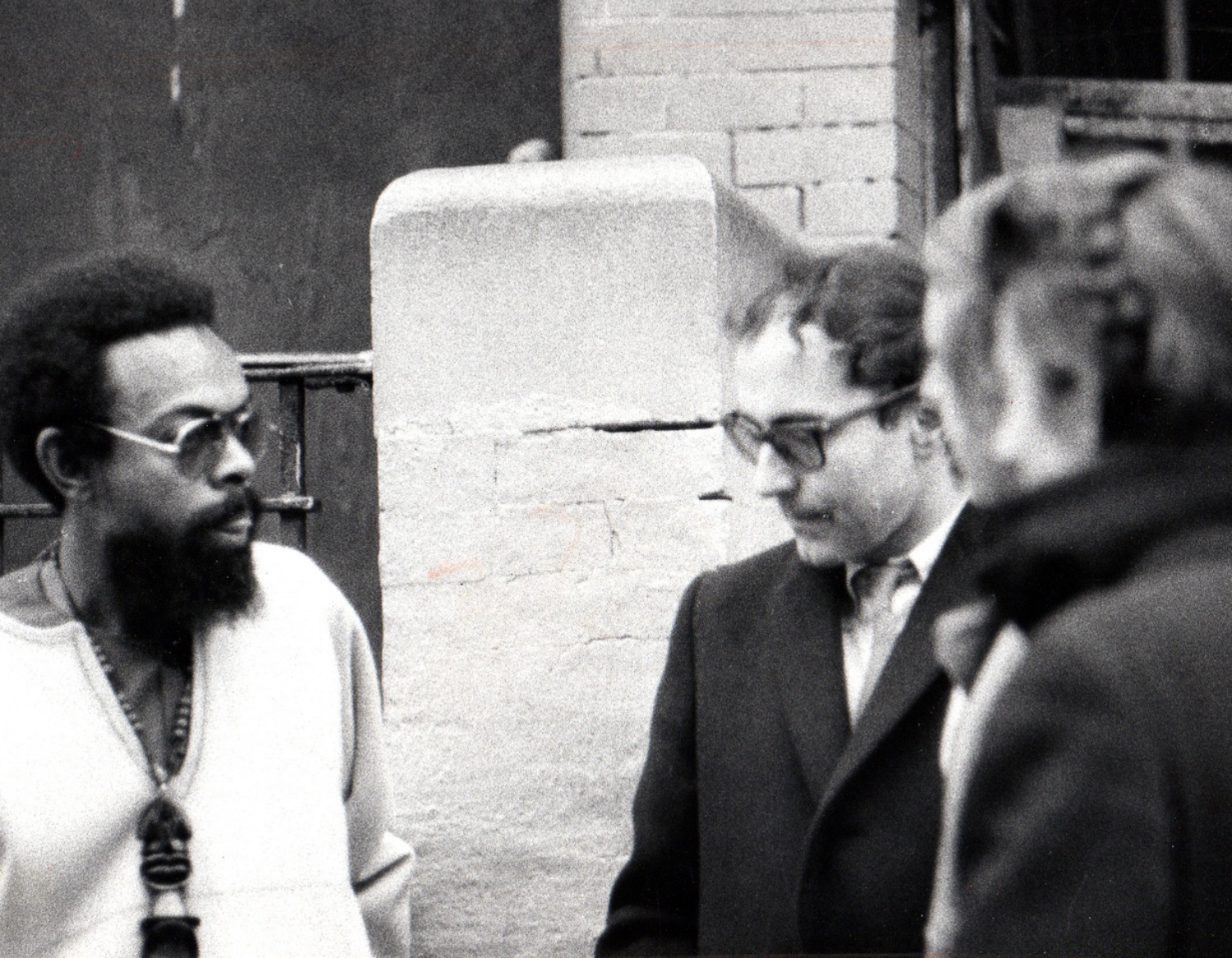
One P.M. (a.k.a. One Parallel Movie)
Read more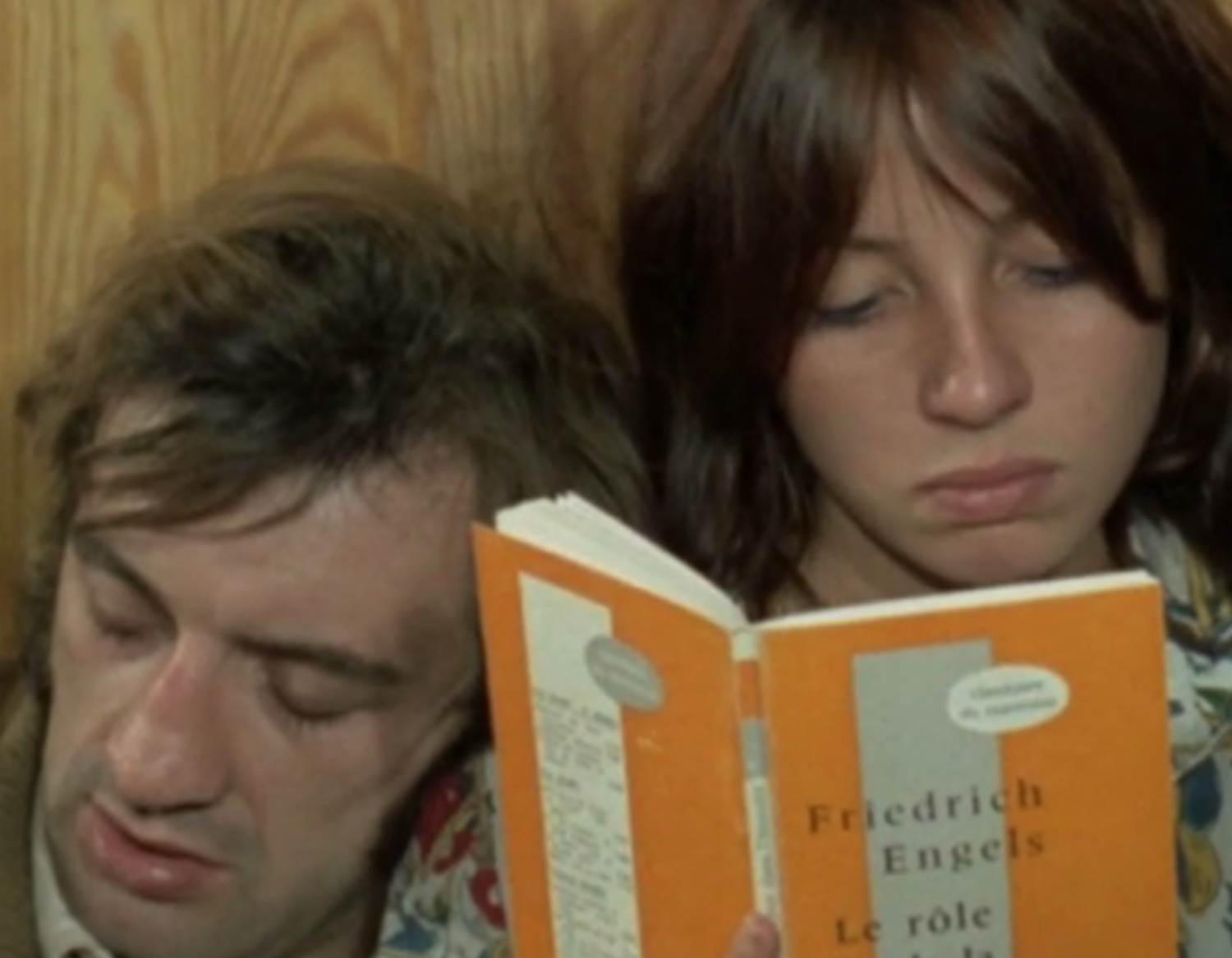
Vladimir and Rosa
Read more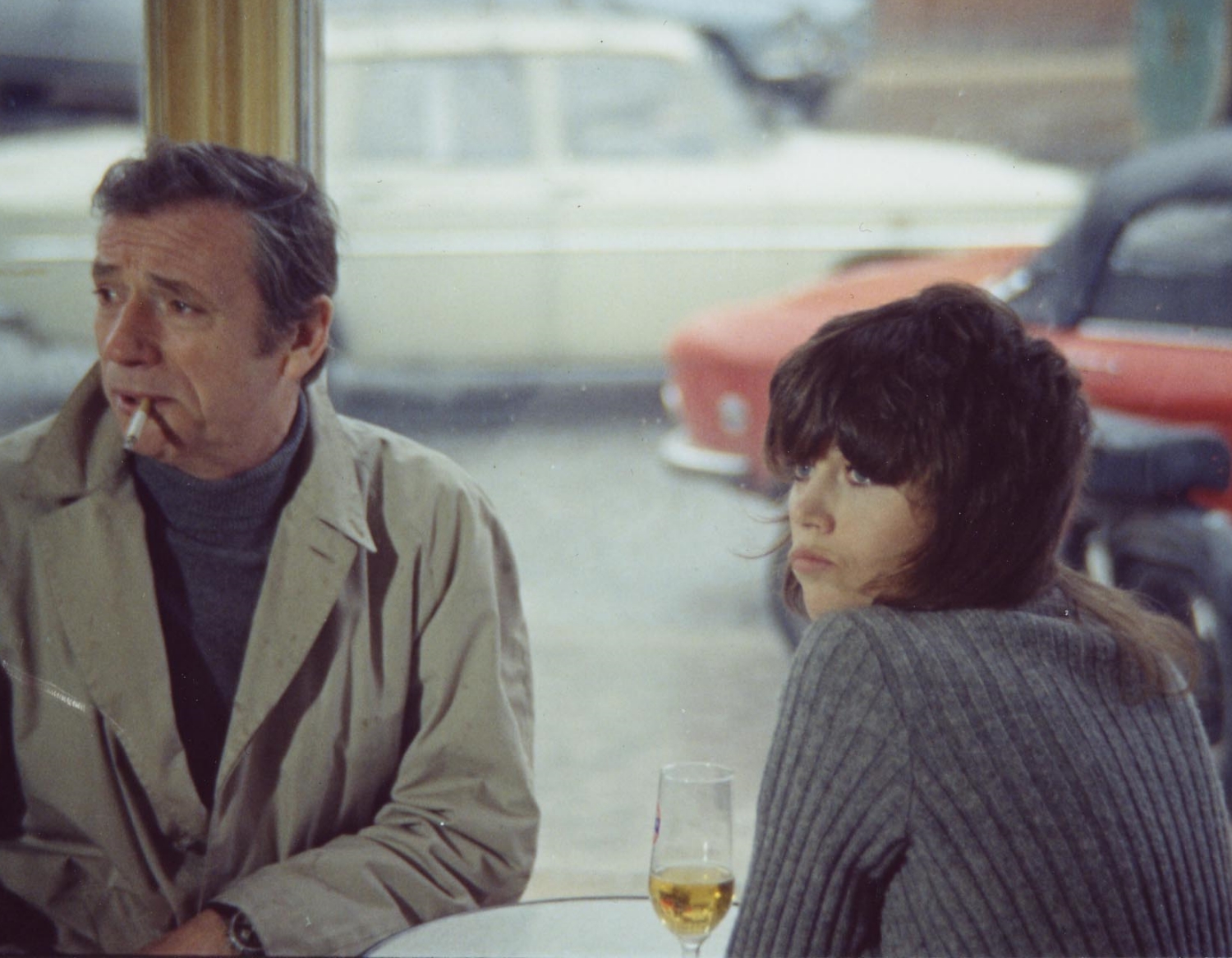
Tout va bien
Read more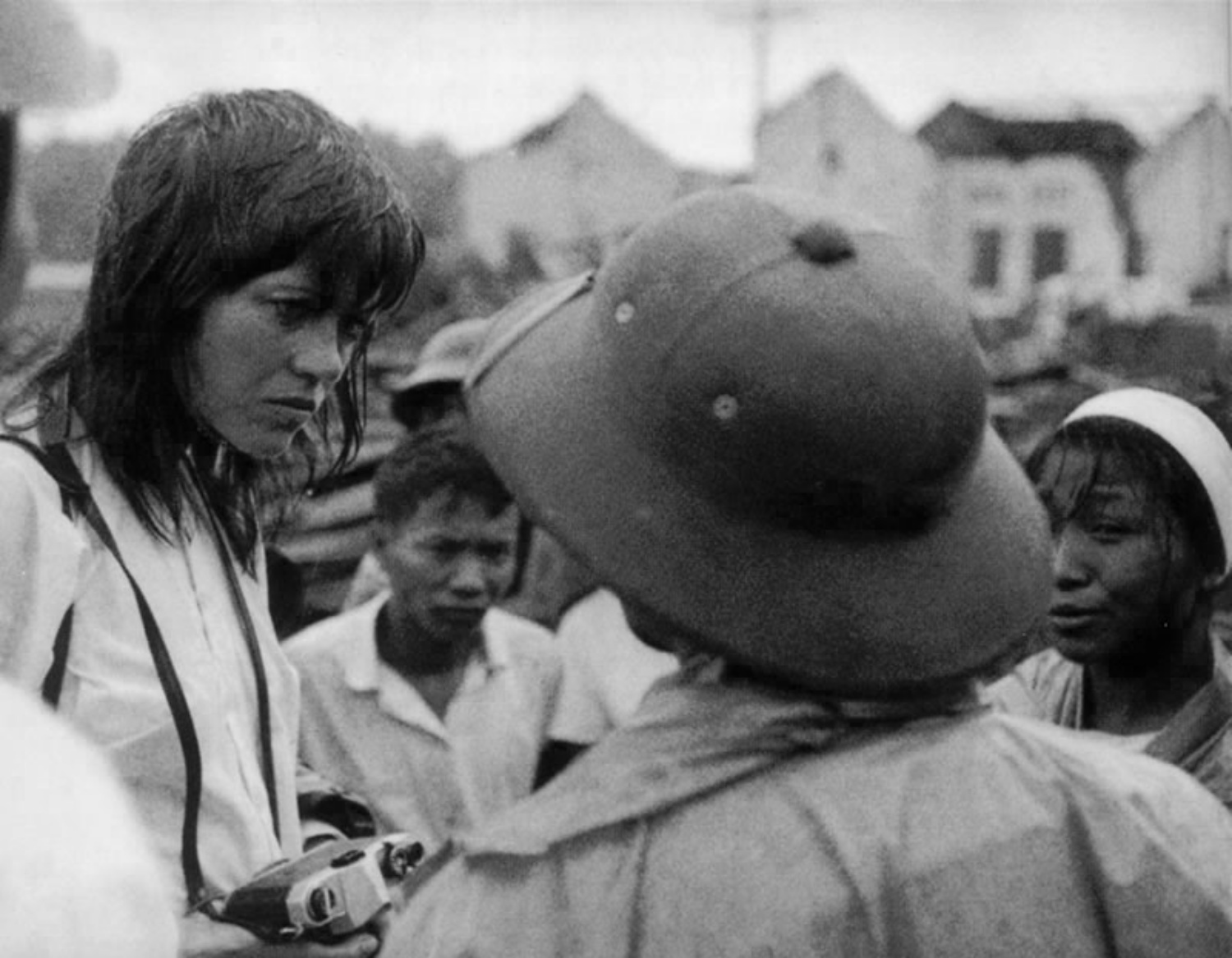
Letter to Jane
Read more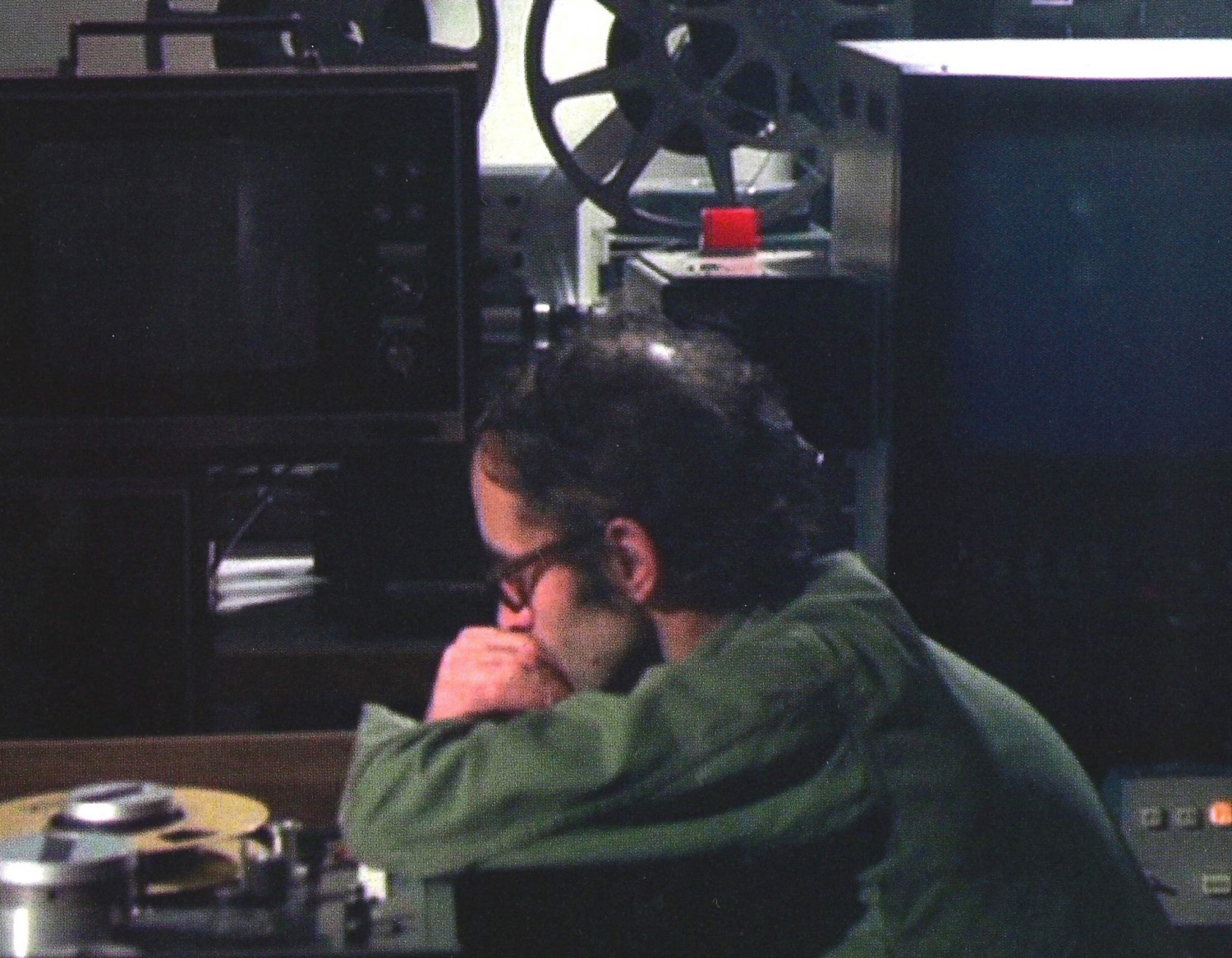
Number Two
Read more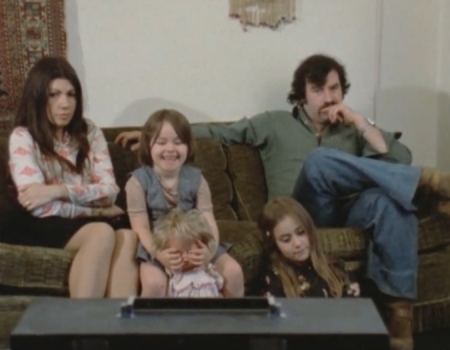
Here and Elsewhere
Read more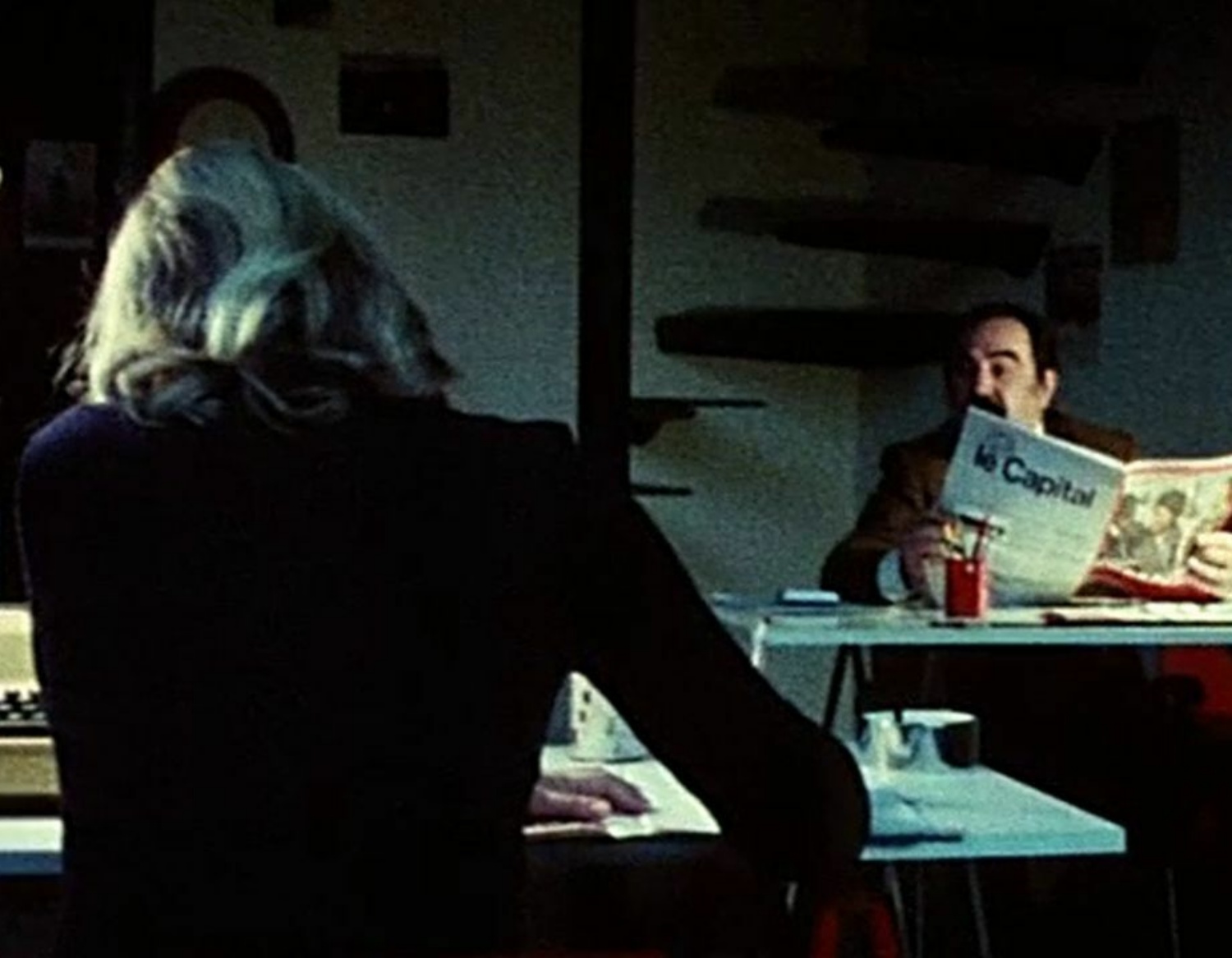
How is it Going?
Read more



